Delaware Prosperity Partnership
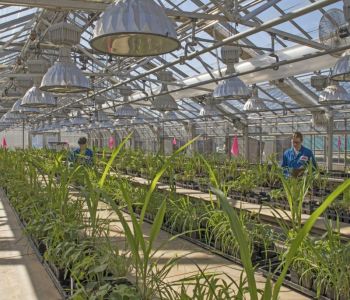
April 29, 2019
FMC Corporation
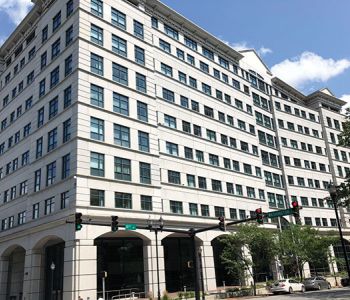
April 3, 2019
M&T Commits to Tech Jobs, Other Roles in Delaware
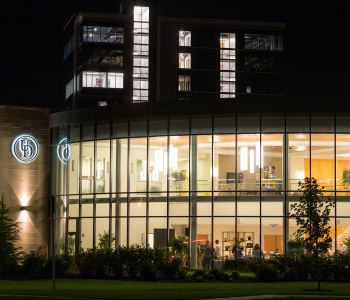
April 3, 2019
STAR Campus: Innovative, Award-Winning STEM Hub
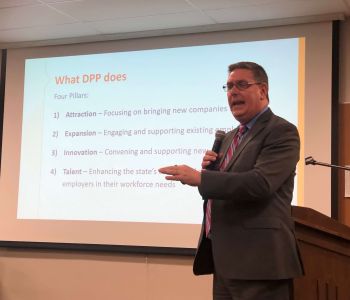
April 3, 2019
Delaware Looking to Thrive with Private, Public Partnership
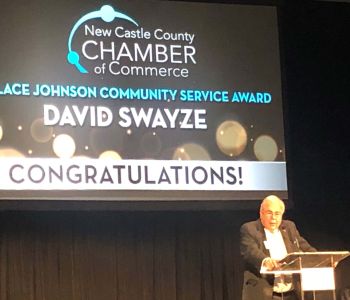
April 2, 2019
A Delaware Institution on the Business Benefits of Delaware

March 27, 2019
Join us on April 2nd for an Economic Development Update

March 15, 2019
Millennial-Centric Banking App to Hire 30-50 Industry Vets to Drive Growth
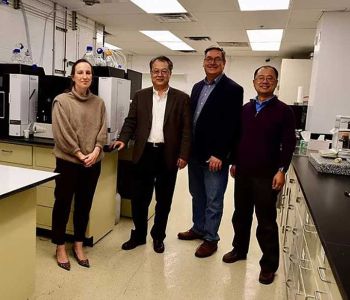
February 25, 2019
Wilmington PharmaTech to Expand in Delaware; Planning New Large-Scale Manufacturing Facility
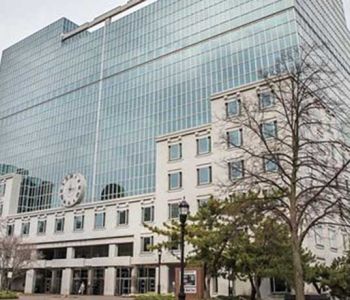
February 12, 2019
Wilmington Office Buildings’ Internet Certification Could Bring Boost to Downtown

February 4, 2019
Study Sees Big Benefits from Investing in Delaware’s Infrastructure

January 25, 2019
Tata Trusts and New America Launch Blockchain Blueprint










